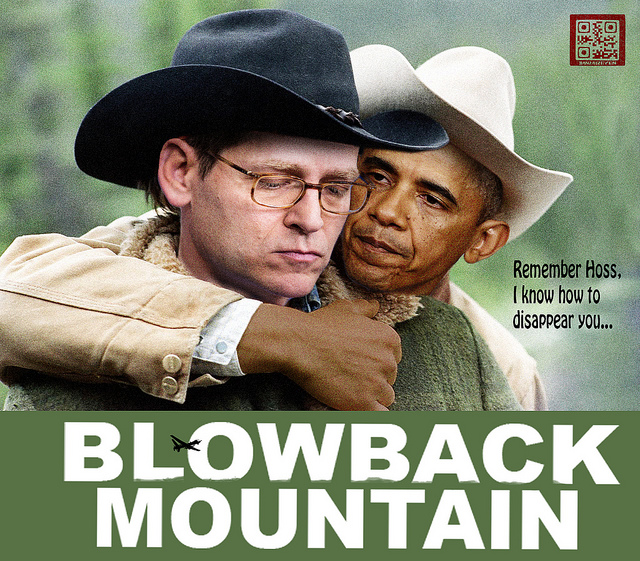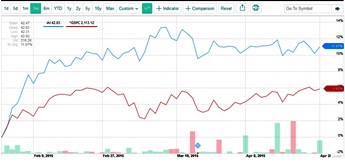BrokerDealer.com blog update profiles the latest obstacles to President Obama’s vision of imposing a fiduciary obligation on the part of securities industry brokers is courtesy of coverage from Bloomberg LP. In what might be called “Blowback Mountain”, The Obama administration plan to tighten rules on brokers is facing plenty of blowback not just from Republicans, but from the president’s own party.
Key Senate Democrats met this week with Labor Secretary Tom Perez to argue that his plan — which would force brokers handling retirement accounts to put their clients’ interests ahead of their own — could backfire and make it harder for consumers to get investment advice.
“There are some real problems here,” Senator Jon Tester of Montana, who attended the meeting, said in an interview. “If I was a broker-dealer, I would not touch anything that didn’t have a lot of money associated with it.”
Pressure from Tester and four fellow Democrats could undermine support for the proposal, which has already been attacked by Republican lawmakers and Wall Street groups. The Labor Department, which says biased advice and hidden fees cost investors as much as $17 billion a year, issued the proposal on April 14 for a 75-day public comment period.
Under the plan, brokers would have a fiduciary duty to put clients’ interests first, a shift that could reshape how they steer clients toward products and collect fees. The current standard only requires that brokers recommend products that are suitable, meaning they fit a client’s needs and risk tolerance.
According to Tester, the Labor Department shouldn’t interfere with the ability of brokers to charge commissions, which can be a cheaper way for investors to pay for advice. Any new rules should be harmonized with the Securities and Exchange Commission, which oversees the brokerage industry, he said.
SEC Chair Mary Jo White said last month that she favors imposing a fiduciary standard on all types of retail-investment transactions. The SEC is far behind the Labor Department’s progress, however, and White warned the effort would be complex.
President Barack Obama, Senator Elizabeth Warren, Representative Maxine Waters and other Democrats have endorsed the plan. Many Republicans have said they oppose the rule and the House could advance legislation to block it.
Joining Tester at the meeting were Senators Ben Cardin of Maryland, Joe Manchin of West Virginia, Joe Donnelly of Indiana and Gary Peters of Michigan.
“Senator Cardin is among those who are skeptical,” Cardin spokeswoman Sue Walitsky said Friday. “His concern is making sure that average Americans still have access to retirement advice and education.”
Spokesmen for Manchin, Donnelly and Peters didn’t respond to requests for comment, nor did Labor Department spokeswoman Tania Mejia.

 MarketsMuse ETF update profiles just-passed-by-Congress legislation that offers a sigh of relief for broker-dealers who aspire to frame ETF recommendations within the context of research (which might qualify them for ‘buyside research votes’), but have held back from issuing a buy, sell or hold recommendation for ETFs out of fear of Finra and/or SEC staffers sanctioning them.
MarketsMuse ETF update profiles just-passed-by-Congress legislation that offers a sigh of relief for broker-dealers who aspire to frame ETF recommendations within the context of research (which might qualify them for ‘buyside research votes’), but have held back from issuing a buy, sell or hold recommendation for ETFs out of fear of Finra and/or SEC staffers sanctioning them.

